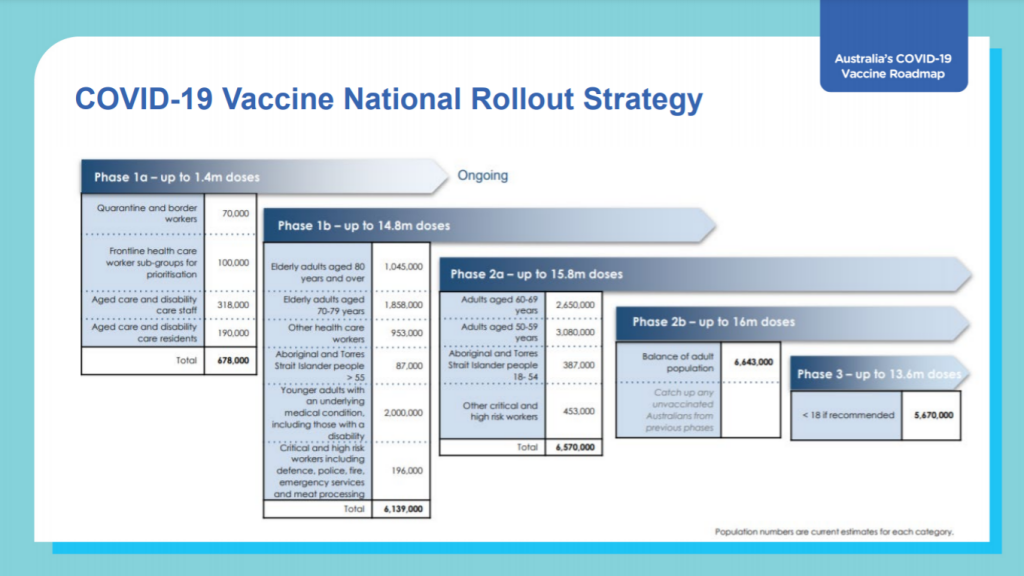We understand. You dream of a future abroad and the process towards it is incredibly complicated. You don’t want to take any risks when it comes to your future, so you may decide to call a specialist. An immigration consultant offers visa services, in the form of advice on your visa options, or assistance with your visa application for example. It just makes sense, that you trust the idea that everything is well taken care of by your consultant, and that this person has your best interests at heart. The visa is your ticket to your dream destination. So, when an expert is euphoric and tells you that it won’t be any problem to get a visa, you most likely assume that this is the truth. Because from an ethical point of view, the least you should be able to expect is that they are honest with you.
Unfortunately, there are still many “ghost consultants” who are not licensed and in that case nothing could be further from the truth. We are seeing things go wrong more and more often because of unqualified unlicensed consultants. With worrying regularity, we speak to people who have received incorrect advice and/or – even worse – have already paid a lot of money without getting any results.
First of all, let it be clear that there are a lot of good regulated and licensed consultants who do indeed have your best interests at heart. With the emphasis on ‘a lot’. If you start searching for a visa consultant, you will notice that the choice is enormous. It is therefore difficult to distinguish between ‘good and bad’.
Alarm bells
What you should definitely rely on is your gut feeling. In many cases, it is only afterwards that it becomes clear that your feeling was right. But, in the case of emigration, you can prevent a lot of misery by trusting not only your gut feeling but also by verifying infomration. Especially the latter – verification – is very important. Many factors should set your alarm bells ringing, but not everyone recognises them. What to look out for:
Visa options are only discussed by telephone
Both Australia and Canada have very strict immigration policies. Unfortunately, this also means that many people do not qualify for a visa. This is extremely disappointing, but it also makes you vulnerable. It is in human nature to ‘hear what you want to hear’ and to accept that as the truth. We regularly hear that people with a ‘low-skilled profile still receive positive advice from fraudulent visa consultants. What is striking is that this advice is often only given over the phone. Therefore, always make clear notes so that you can verify the advice with other parties. Even more important: ask the consultant in question for a clear, written (by e-mail) indication of your visa options.
No clear overview of costs
Once your visa options are clear and transparent, a detailed cost overview can also be provided. Recently, we have heard a lot that after the first contact with a consultant, people immediately receive a first invoice. Not knowing exactly what these costs are for. Often, this is a relatively low amount, but the subsequent and total costs are not clearly communicated. By paying the invoice, in many cases, you commit yourself to the relevant party and they start working for you. Unfortunately, we regularly hear that after the first contact, invoices with much higher amounts soon follow and that people do not know what these amounts represent. We even hear stories of people who were offered to pay extra fees so that they can be put on an urgency list. Watch out! In most cases, immigration does not work with urgency lists, with very few exceptions.
In short: ask for a clear cost overview and come to an agreement about the costs for services upfront. Make sure this is a fixed amount to avoid unpleasant surprises.
You are immediately asked for your credit card details
Talking about alarm bells… It seems to happen that immediately after the advice is given, you are asked for your credit card details. Parties indicate that in this way they can make an initial payment – which can be up to a few thousand dollars – and ‘start working for you immediately’. Don’t do this! Make sure you first receive an agreement that includes your rights and obligations, but also the payment conditions. If you agree, you can sign the agreement and start the visa procedure. You will then receive an invoice for the service fees. Fees for the visa application, which will be submitted to immigration and other associated organisations must generally be paid by credit card. Make sure you know the amounts involved upfront. Make sure you have clear agreements about the payment of these costs with your visa consultant. You will always receive a payment confirmation of each final payment made to an associated authority.
Guarantees
However much we would like to, we cannot give any guarantees. This applies to the processing times, but also the outcome of a visa application. We can of course indicate the processing times. However, various factors may cause delays. The visa application is handled by immigration. A case processing officer will make a decision. Until this decision is communicated in writing by immigration, nothing is certain. So be careful when someone gives guarantees.
Check, check, double-check
To make a long story short: make sure you do thorough research and ask questions. Also check the reviews of organisations on Google or social media for example. No matter how big your dream is, be critical and make sure it does not become a trap. If you have any questions or doubts, please contact us. We will be happy to help you! Via our visa check, we provide you with personal visa advice, free of charge and without obligation.
